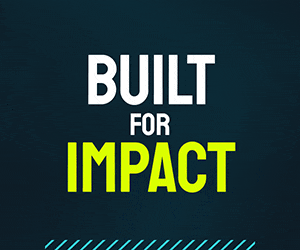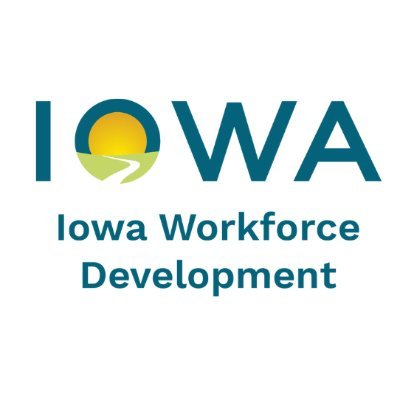Iowa Safe Schools’ survey finds less than half of LGBTQ youth plan to stay in Iowa after high school
Losses would affect future workforce pipeline, interim director says

Business Record Staff Apr 29, 2025 | 3:59 pm
3 min read time
811 wordsAll Latest News, Arts and Culture, EducationA recent report from the nonprofit Iowa Safe Schools indicates a feeling of a lack of belonging in Iowa for LGBTQ youth, which could lead to workforce issues in the future.
Iowa Safe Schools’ Student Experiences survey tracks the impact of LGBTQ policy in Iowa on students. The mid-year report from the LGBTQ youth nonprofit’s survey shows a minority of students plan to stay in Iowa after high school.
Advocates worry that legislation concerning LGBTQ rights, such as the recent removal of civil rights protections for transgender Iowans, will increase the rate of young people leaving Iowa.
Iowa’s demographics have also shifted older in recent years. According to the Common Sense Institute’s report “Iowa’s Future: The Impact of an Aging Workforce,” Iowa ranked second in highest percentage of the population over the age of 65 at 24.4% in 2003, up from 14.9% in 2000. The report also said the Census Bureau projects 13% of the working population under age 54 that was in Iowa in 2000 is expected to leave Iowa by 2030. By that same year, Iowans older than 65 will likely outnumber Iowans under 18 for the first time, according to LeadingAge Iowa.
The Business Record talked with Damian Thompson, interim executive director of Iowa Safe Schools, about the results of the survey and how that might affect Iowa’s future workforce.
Can you tell me about the survey Iowa Safe Schools is conducting?
The Student Experience Survey is still in process. We had a mid-year report. We ask quite a number of questions, whether it’s about attending college, post-secondary education or job training, their current experiences and after post-secondary or directly entering the workforce. Ninety-three percent of our respondents were in seventh through 12th grade, with just slightly under 7% in the K-6 range. We ask about choosing an employer as an LGBTQ adult and where those students’ priorities lie, and inclusive workplace culture and legal protections are nearly as critical as wages and benefits. Many students cited LGBTQ acceptance and employee resource groups as a deciding factor.
What results did you find in the mid-year report?
Once students reach college age, about 45% report as being likely to stay in Iowa, a significant drop from the 85% who report being likely to graduate from high school in Iowa. Thirty-two percent report being unlikely or very unlikely to stay in Iowa for their post-secondary education. More than a third say they’re unlikely to work in Iowa as an adult, again referencing legal protections, but also their view of a lack of affirming workplaces here in the state.
Has Iowa Safe Schools seen a difference in young people’s opinions on where they want to go after graduation?
We have seen, anecdotally, in the students that we serve, really rapid changes, whether it’s in post-graduation plans or their current mental and physical health status. That’s why we started to implement the Student Experience Survey this year. Anecdotally, in the six years I’ve been serving with Iowa Safe Schools, I’ve seen really dramatic changes in how safe and strong, in terms of well being, our students feel and their post-graduation plans. We’re seeing kind of an exodus of some really brilliant young minds, much more so than what we used to see.
What do these results mean for Iowa’s future workforce?
Our state leaders say there are more jobs than people here in the state of Iowa. It’s not going to be tax cuts every other year that are going to solve this issue. We have a key existential problem with attracting, or more importantly retaining, our young talent. When one in four Gen Z identifies as LGBTQ, we are pushing away a major workforce pipeline to our neighboring states that are more welcoming.
This is really a generational problem. We have a state that’s getting older and leaving the workforce, and we just frankly don’t have the talent to fill those roles. For the employer side, an inclusive workplace actually strengthens the workforce. It fuels innovation, enhances Iowa’s competitiveness in attracting new talent. It’s not just an LGBTQ issue — it impacts all Iowans. These young professionals aren’t just choosing where to work. They’re choosing where they can live safely, build community and thrive. Without inclusion efforts at companies or in our communities, we’re at a very real risk of losing future leaders.
What advice do you have for employers who are focused on workforce development and want to be an employer young people want to work for?
I think meaningful engagement with the LGBTQ community and other marginalized communities is really important, whether that’s coming to or supporting external events or internally providing meaningful professional development. We see it successfully implemented in a variety of different ways. Also, having policies and benefits packages that are inclusive of folks from all sorts of different backgrounds and supporting them in the ways that they need.










